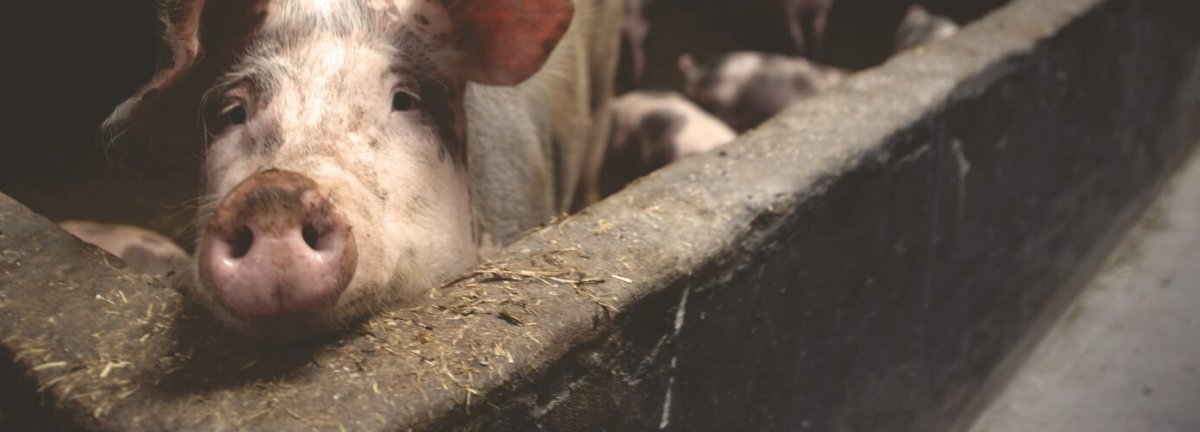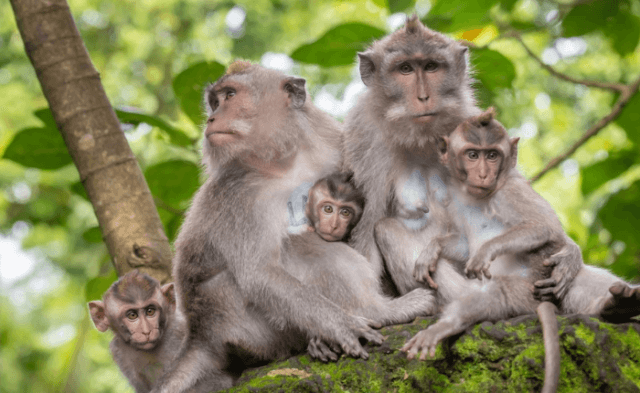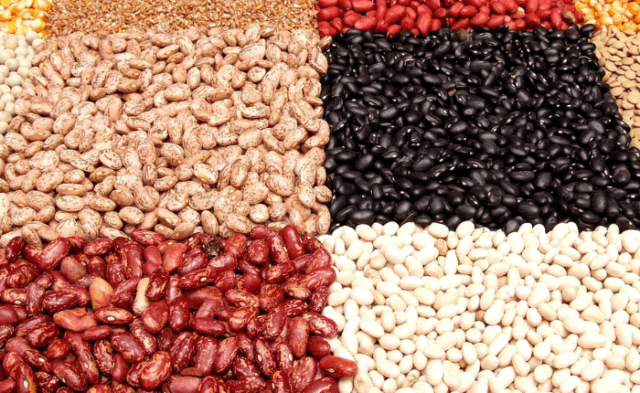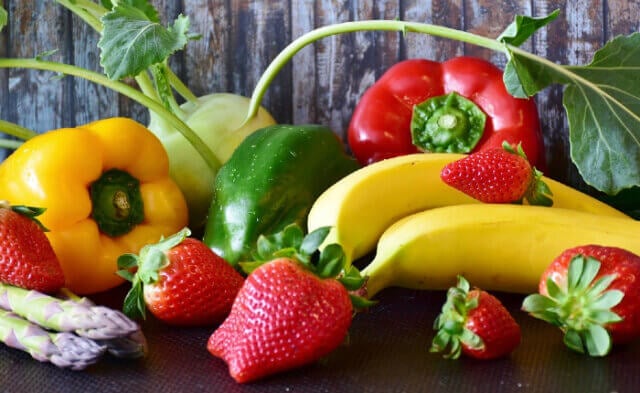Hurricane Florence has brought catastrophic flooding to North Carolina, where I live.
The relentless deluge has killed at least 24 people in the state (by the time you read this, that figure will surely be higher), trapped hundreds in their homes, necessitated more than 2,600 water rescues and made major highways impassable. Buildings on chicken and hog farms near the Trent River are almost completely underwater, and millions of chickens have drowned.
About 3. 4 million chickens and turkeys and 5,500 hogs have been killed in flooding from Hurricane Florence. —> https://t.co/Oczupe1x99
The human death toll is up to 37. #florence
— ABC News 4 (@ABCNews4) September 19, 2018
I’m thankful that my neighborhood escaped the worst of the flooding, but with every hurricane and tropical storm that heads our way, I’m concerned about the widespread reports predicting that our state’s waste lagoons could overflow, spilling liquefied pig manure and urine into our waterways — just as they did in 2016, when Hurricane Matthew deluged at least 14 lagoons in North Carolina.
So far, we know that two manure pits have been structurally damaged by Florence, and several have been inundated with water or had discharges. I have done what I can to help prevent this by going vegan and encouraging others to do the same, but most people still eat meat and they need to recognize that they are not only clogging their own arteries but also contributing to the contamination of waterways across the country.
Hurricane Florence is tracking to inundate North Carolina’s massive pig manure lagoons. That could be a mess. https://t.co/p5l4uKGIbW pic.twitter.com/zbhx1aMI42
— Zoë Schlanger (@zoeschlanger) September 11, 2018
North Carolina is the second-largest pork producer in the United States. Pigs are imprisoned on more than 2,300 industrial hog farms in the state. The New York Times reports that eastern North Carolina is “dotted with giant pools of bright pink sludge,” referring to the lagoons that store billions of gallons of untreated pig waste, though you’re not likely to find that eloquent description in the state’s tourism materials.
Pigs poop, after all. The 10 million pigs confined to North Carolina’s pig farms produce as much feces in one day as 100 million humans do. According to CNN, the 10 billion gallons of wet animal waste produced annually in North Carolina is enough to fill 15,000 Olympic-size swimming pools.
“Florence’s path includes the two counties, Duplin and Sampson, with the highest concentration of pork production in a state that produces a lot of pork. North Carolina has 9.7 million pigs, producing almost 10 billion gallons of manure annually.”https://t.co/lqrjDJMYnh pic.twitter.com/U4GJQR8K6E
— Naomi Starkman (@NaomiStarkman) September 14, 2018
The pork industry stores the liquefied waste in open-air lagoons that are as large as three football fields. A 2016 study by the Environmental Working Group and Waterkeeper Alliance showed that North Carolina is home to more than 4,000 waste pits that are brimming with both pig and chicken excrement. Workers eventually pump the waste into sprinkler systems and spray it onto fields as fertilizer, polluting the air and poisoning our waterways.
In a study by scientists at the University of North Carolina and Johns Hopkins University, high concentrations of fecal bacteria were found in streams near fields sprayed with pig waste from large factory farms. According to the Environmental Protection Agency, nearly 70 percent of the nation’s lakes, ponds and reservoirs and more than half of its rivers and streams are considered too polluted to use. Animal factories are largely to blame for the pollution.
Research also shows that animal waste emits toxic airborne chemicals that can cause an array of health issues. A Duke University Medical Center study found that people living downwind of pig farms are more likely to suffer from mood disturbances, respiratory problems and other health problems.
People may also struggle with headaches, nausea and other health issues that are linked to the foul-smelling lagoons and the noxious mist that blankets the area when liquid waste is sprayed into the air. Several North Carolina families have won lawsuits against nearby pig farms because the stench, noise and swarms of flies have diminished their quality of life.
Both humans and pigs will be better off if we stop raising these animals for food. The pork industry should be held accountable for mucking up our waterways — and for abusing animals — but we all share in the responsibility for cleaning up the environment and reducing animal suffering.
Thankfully, the solution is easy: Enjoying tasty vegan foods, which are available at every grocery store, instead of meat, will protect pigs and other animals, as well as safeguard the health of our families and of our fellow Americans.
****
Christina Matthies is a director with the People for the Ethical Treatment of Animals Foundation in Norfolk, Virgina. She lives in the Raleigh-Durham area, and wrote this for the Tribune News Service.





